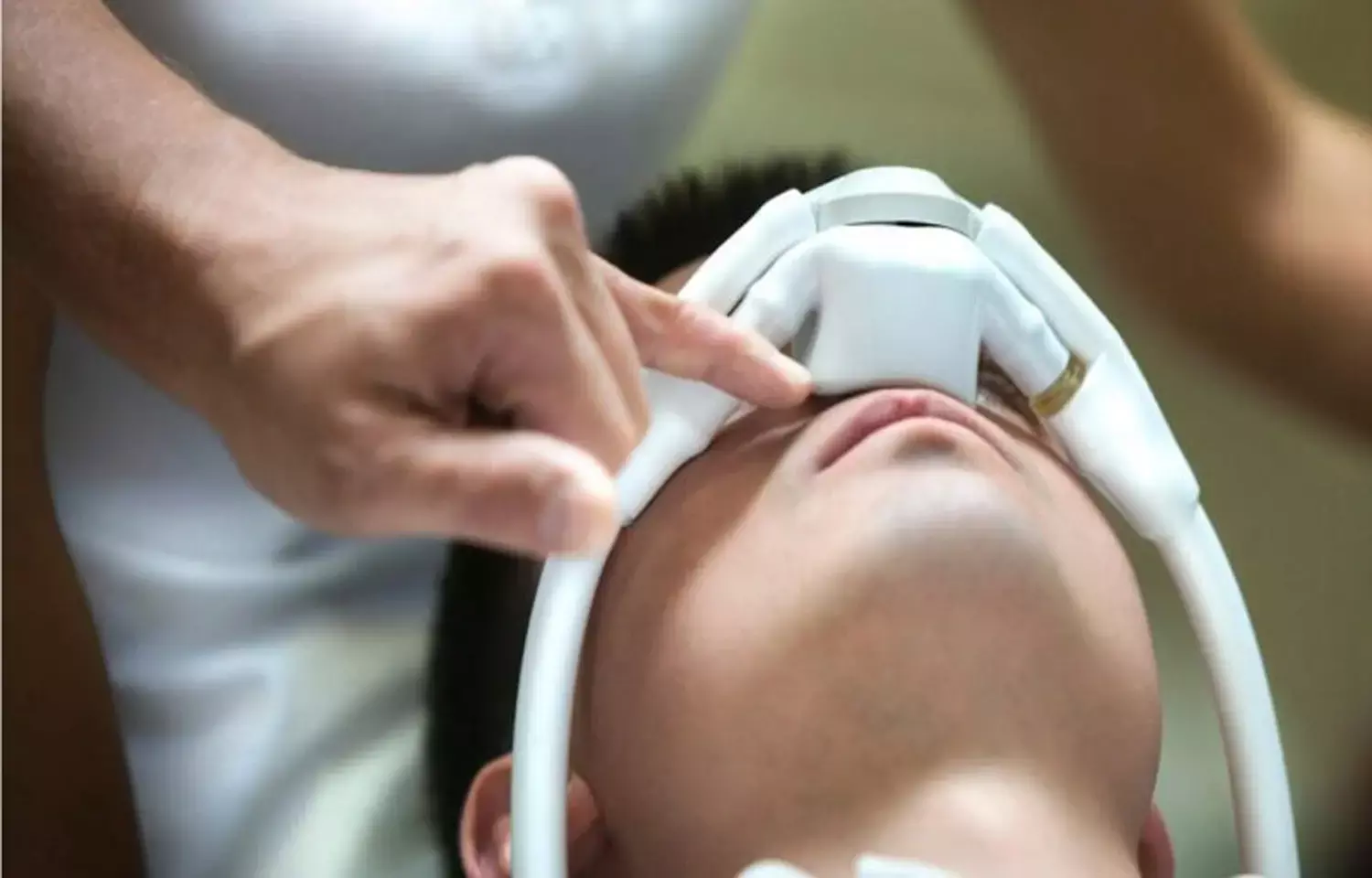- Home
- Medical news & Guidelines
- Anesthesiology
- Cardiology and CTVS
- Critical Care
- Dentistry
- Dermatology
- Diabetes and Endocrinology
- ENT
- Gastroenterology
- Medicine
- Nephrology
- Neurology
- Obstretics-Gynaecology
- Oncology
- Ophthalmology
- Orthopaedics
- Pediatrics-Neonatology
- Psychiatry
- Pulmonology
- Radiology
- Surgery
- Urology
- Laboratory Medicine
- Diet
- Nursing
- Paramedical
- Physiotherapy
- Health news
- Fact Check
- Bone Health Fact Check
- Brain Health Fact Check
- Cancer Related Fact Check
- Child Care Fact Check
- Dental and oral health fact check
- Diabetes and metabolic health fact check
- Diet and Nutrition Fact Check
- Eye and ENT Care Fact Check
- Fitness fact check
- Gut health fact check
- Heart health fact check
- Kidney health fact check
- Medical education fact check
- Men's health fact check
- Respiratory fact check
- Skin and hair care fact check
- Vaccine and Immunization fact check
- Women's health fact check
- AYUSH
- State News
- Andaman and Nicobar Islands
- Andhra Pradesh
- Arunachal Pradesh
- Assam
- Bihar
- Chandigarh
- Chattisgarh
- Dadra and Nagar Haveli
- Daman and Diu
- Delhi
- Goa
- Gujarat
- Haryana
- Himachal Pradesh
- Jammu & Kashmir
- Jharkhand
- Karnataka
- Kerala
- Ladakh
- Lakshadweep
- Madhya Pradesh
- Maharashtra
- Manipur
- Meghalaya
- Mizoram
- Nagaland
- Odisha
- Puducherry
- Punjab
- Rajasthan
- Sikkim
- Tamil Nadu
- Telangana
- Tripura
- Uttar Pradesh
- Uttrakhand
- West Bengal
- Medical Education
- Industry
Lower dose laughing gas effectively improves symptoms of treatment-resistant depression: Study

USA: A single one-hour treatment with 25% nitrous oxide (laughing gas) is equally effective as 50% nitrous oxide for improving treatment-resistant depression but with a lower risk of adverse effects, show results from a phase 2 trial. The treatment with 25% of the gas helped in relieving symptoms of treatment-resistant major depression (TRMD) for several weeks.
The results of the study, published in the journal Science Translational Medicine, suggest that lower concentrations of nitrous oxide could be useful against depression in the clinic while bringing a lower risk of side effects.
Inhaled nitrous oxide is commonly used as a sedative agent in dental and medical offices, but the gas has also attracted attention as a possible treatment for depression. A previous study showed that nitrous oxide had marked antidepressant effects against treatment-resistant major depression, a severe form of depression that often fails to respond to standard antidepressants. However, this earlier study didn't evaluate the treatment's effects beyond 24 hours and used 50% nitrous oxide, a high concentration that can cause side effects such as nausea.
Peter Nagele and colleagues investigated the safety and efficacy of a lower concentration of 25% nitrous oxide in 28 patients with treatment-resistant major depression. Over the course of 3 months, the patients received 3 one-hour inhalation sessions with a placebo, 25% nitrous oxide, and 50% nitrous oxide, in series, with each session separated by 4 weeks.
After the 25% and 50% sessions, around 85% of the patients showed substantial improvements in their depression symptoms that lasted as long as four weeks. However, the sessions with 25% nitrous oxide also had a four-fold lower risk of adverse effects such as sedation, nausea, and mild dissociation. Although studies with larger patient groups are needed, Nagele et al. note that the responders showed a mean drop in depression scores that was larger than that seen in previous trials of traditional antidepressants.
Reference:
The study titled, "A phase 2 trial of inhaled nitrous oxide for treatment-resistant major depression," is published in the journal Science Translational Medicine.
DOI: https://stm.sciencemag.org/content/13/597/eabe1376
Hina Zahid Joined Medical Dialogue in 2017 with a passion to work as a Reporter. She coordinates with various national and international journals and association and covers all the stories related to Medical guidelines, Medical Journals, rare medical surgeries as well as all the updates in the medical field. Email: editorial@medicaldialogues.in. Contact no. 011-43720751
Dr Kamal Kant Kohli-MBBS, DTCD- a chest specialist with more than 30 years of practice and a flair for writing clinical articles, Dr Kamal Kant Kohli joined Medical Dialogues as a Chief Editor of Medical News. Besides writing articles, as an editor, he proofreads and verifies all the medical content published on Medical Dialogues including those coming from journals, studies,medical conferences,guidelines etc. Email: drkohli@medicaldialogues.in. Contact no. 011-43720751


